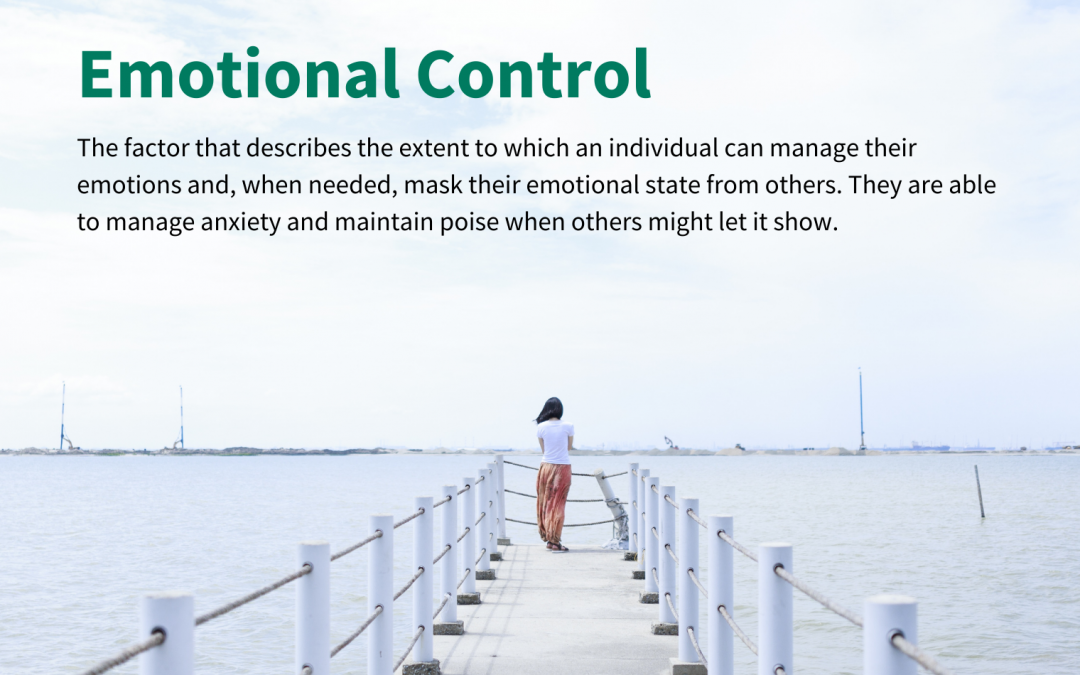In a realm in which the speed of life appears to increase every day, emotional control has become an essential skill for navigating the challenges of our individual and work-related lives. It is the difference that separates reacting impulsively in the heat of the moment and responding thoughtfully with intention. By gaining mastery over emotional regulation, we can convert our reactions into intentional actions, promoting better relationships, improving decision-making, and ultimately leading to a much fulfilling life.
Understanding the science behind the management of emotions unlocks doors to numerous benefits, ranging from improved mental health to enhanced performance in stressful situations. This article delves into ten established strategies to improve the management of emotions, providing actionable exercises and insights on how to stay calm under pressure. If you are looking to manage frustration in a constructive way or build resilience through awareness, this guide aims to equip you with the resources needed to achieve emotional balance and prosper amidst the difficulties of everyday life.
Established Techniques for Managing Emotions
Developing emotional control is essential for dealing with life's obstacles successfully. One powerful technique is engaging in mindfulness, which involves remaining present in the now and noticing your thoughts and feelings without judgment. This awareness allows you to catch emotions that trigger reactions early and respond thoughtfully rather than responding without thought. Integrating mindfulness practices such as mindful meditation or breathing techniques into your regular schedule can significantly enhance your ability to regulate emotions.
An additional valuable technique is writing in a journal, offering an outlet to share your emotions and reflect on your experiences. By documenting your thoughts and feelings, you can obtain insight about your emotional responses and identify patterns that may lead to undesirable responses. This practice promotes self-awareness and provides a systematic way to process emotions, leading to improved emotional control over time.
At last, developing resilience through constructive self-talk can transform your emotional landscape. Questioning negative thoughts and replacing them with constructive affirmations helps to develop a positive perspective, especially in stressful situations. This cognitive shift not only improves emotional stability but also readies you to face challenges with a collected demeanor, ultimately leading to better decision-making and more fulfilling relationships.
The Science of Affective Regulation
Emotional regulation is a intricate process involving the skill to manage and respond to emotional responses effectively. Research shows that this capacity is vital for both mental health and overall well-being. The brain holds a key role, particularly the prefrontal cortex, which is key in executive functions such as making decisions, impulse control, and moderating emotional responses. The interaction between the prefrontal cortex and the emotional center, which processes emotions, affects how individuals handle their feelings during high-pressure situations.
Neuroscience has revealed that affective regulation can be shaped by various elements, including heredity, surroundings, and personal experiences. Studies indicate that individuals who cultivate strong emotional control often engage in reframing, a strategy that involves reinterpreting negative thoughts to modify their emotional effect. This process not only diminishes immediate emotional distress but also contributes to long-term emotional health, creating a healthier approach to challenges and difficulties.
Understanding the subtle differences of affective regulation is crucial for building mental fortitude and fostering better relationships. By recognizing how emotions are processed in the brain and being aware of personal emotional triggers, individuals can learn to respond rather than react. deliberate thinking vs reactive thinking improves stress management but also improves communication and collaboration in private and professional settings, underscoring the value of affective regulation for achievement in various aspects of life.

Practical Strategies for Managing Emotions
Developing emotional regulation begins with acknowledging your emotional stimuli. Set aside a moment to consider circumstances that stimulate strong responses in you, whether they are frustration, discontent, or nervousness. Maintaining a log can be a helpful tool for identifying these triggers. By recording your feelings and the situations surrounding them, you can more effectively understand your feeling habits and learn to manage them intentionally.
Awareness practices can greatly boost your capability to regulate feelings. Approaches such as deep breathing, mindfulness meditation, and focused attention help create a tranquil mental state, allowing you to respond rather than act blindly. Make it a habit these practices into your regular life, so when tension comes, you can draw upon these abilities to keep composure and clear-headedness in your reactions.
Building emotional strength also involves developing nurturing practices, such as maintaining a wholesome nutrition, achieving enough slumber, and exercising regularly. These factors play a crucial role in feelings-based well-being. Additionally, embracing appreciation and affirmative dialogue can change your mindset toward a generally more optimistic viewpoint, helping you to confront challenges with increased ease and confidence.
